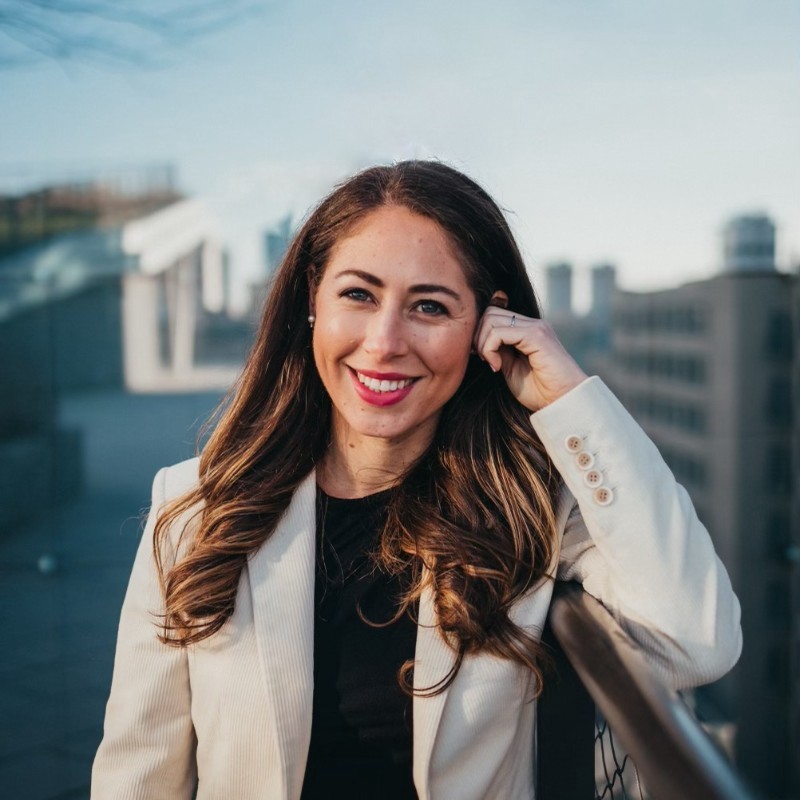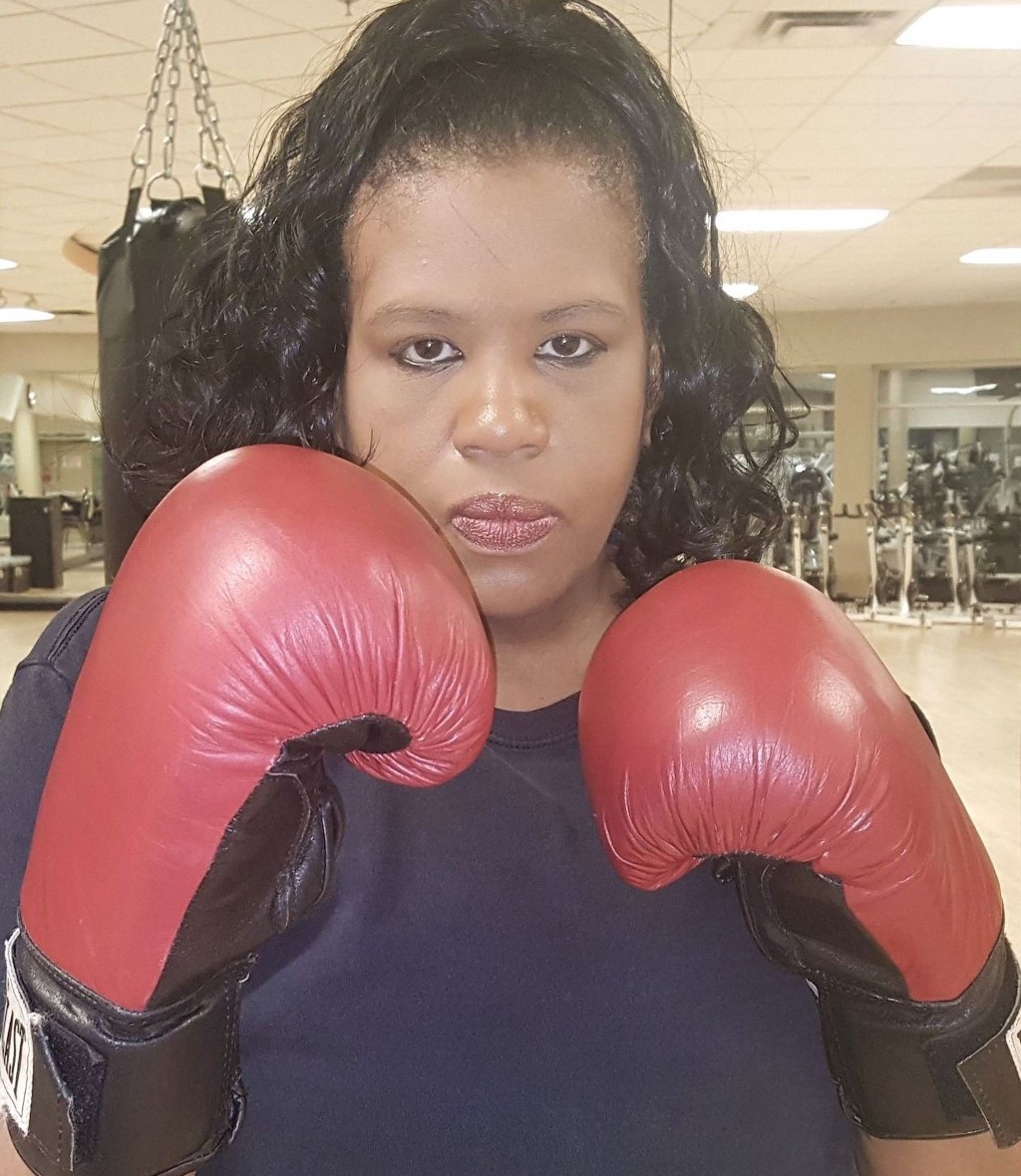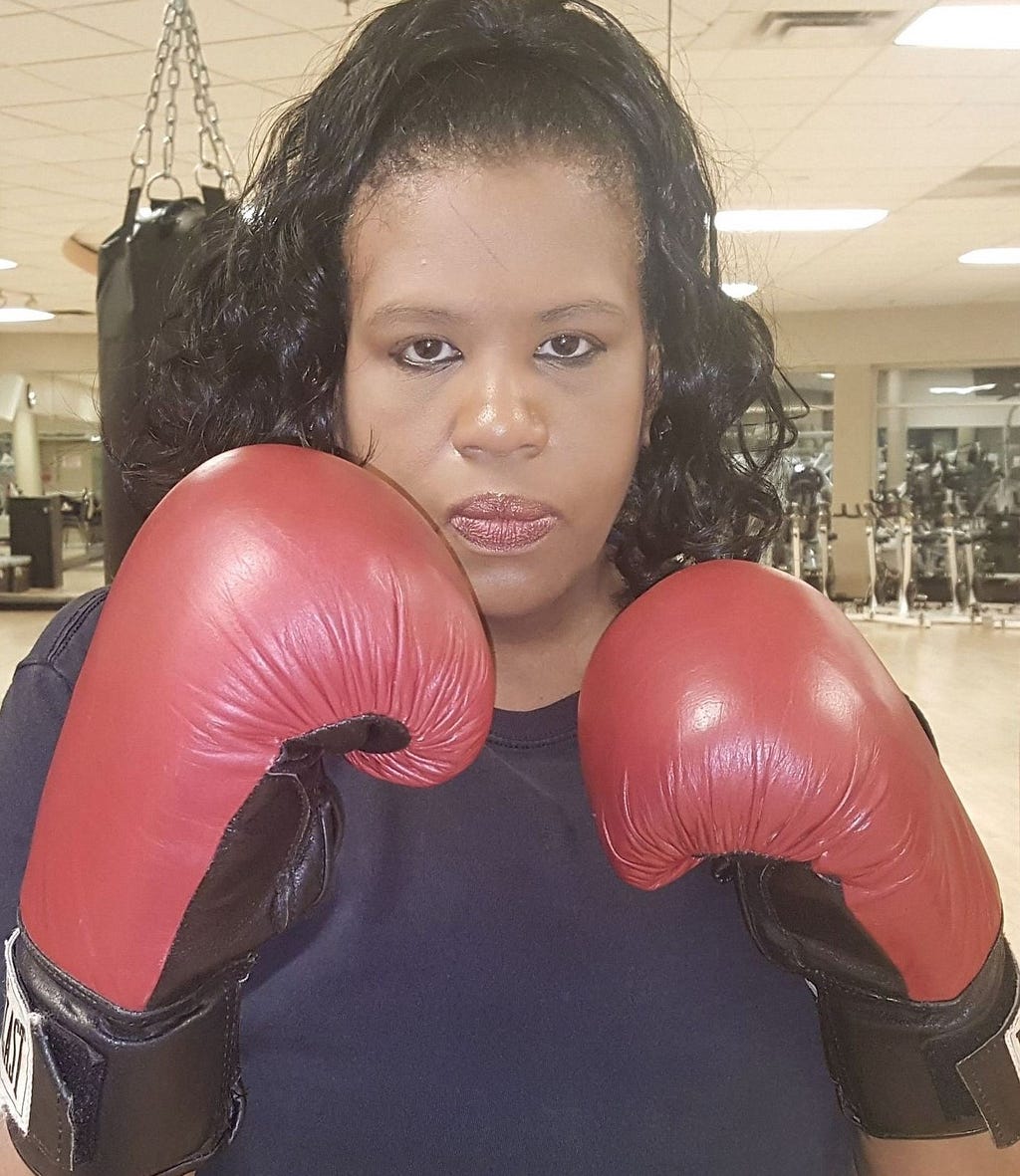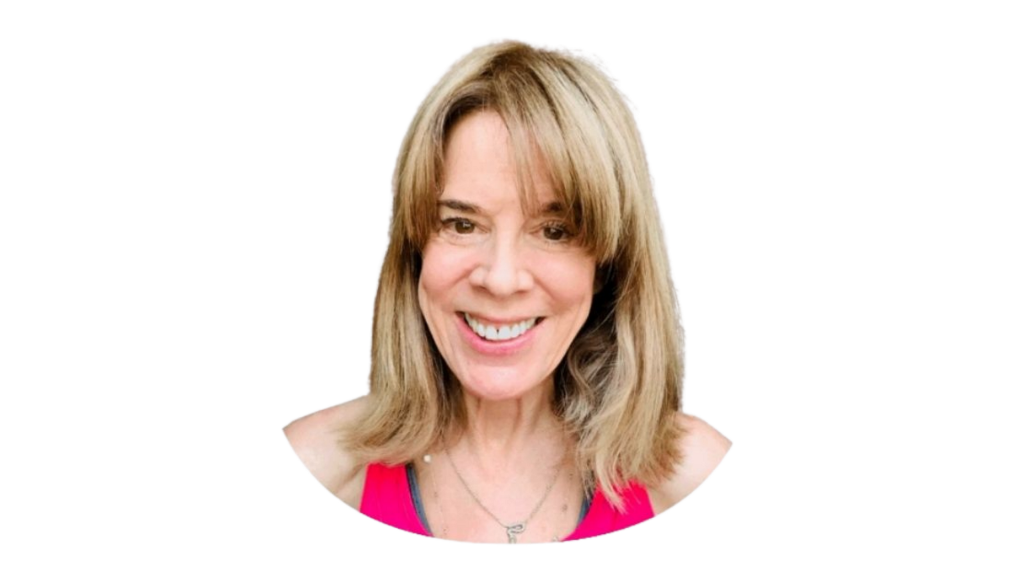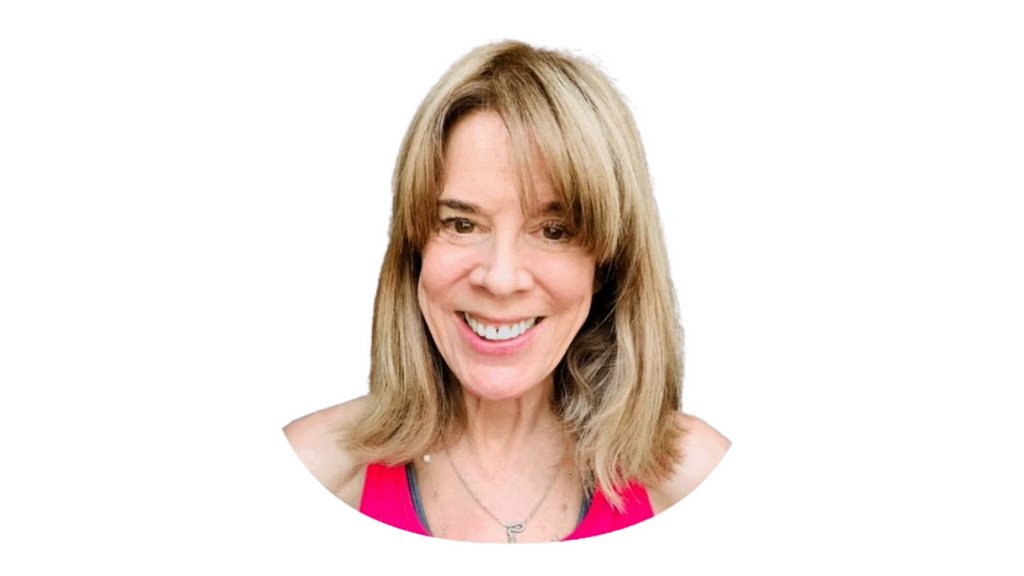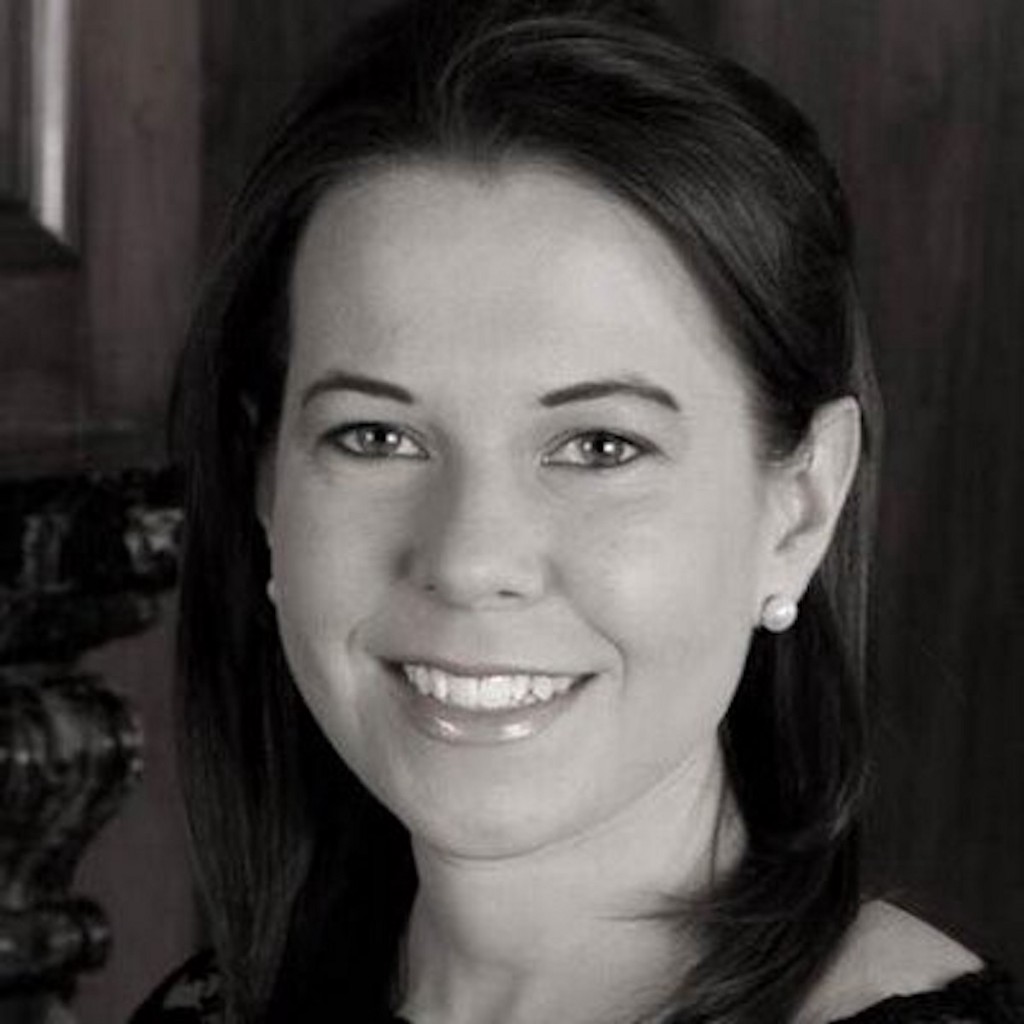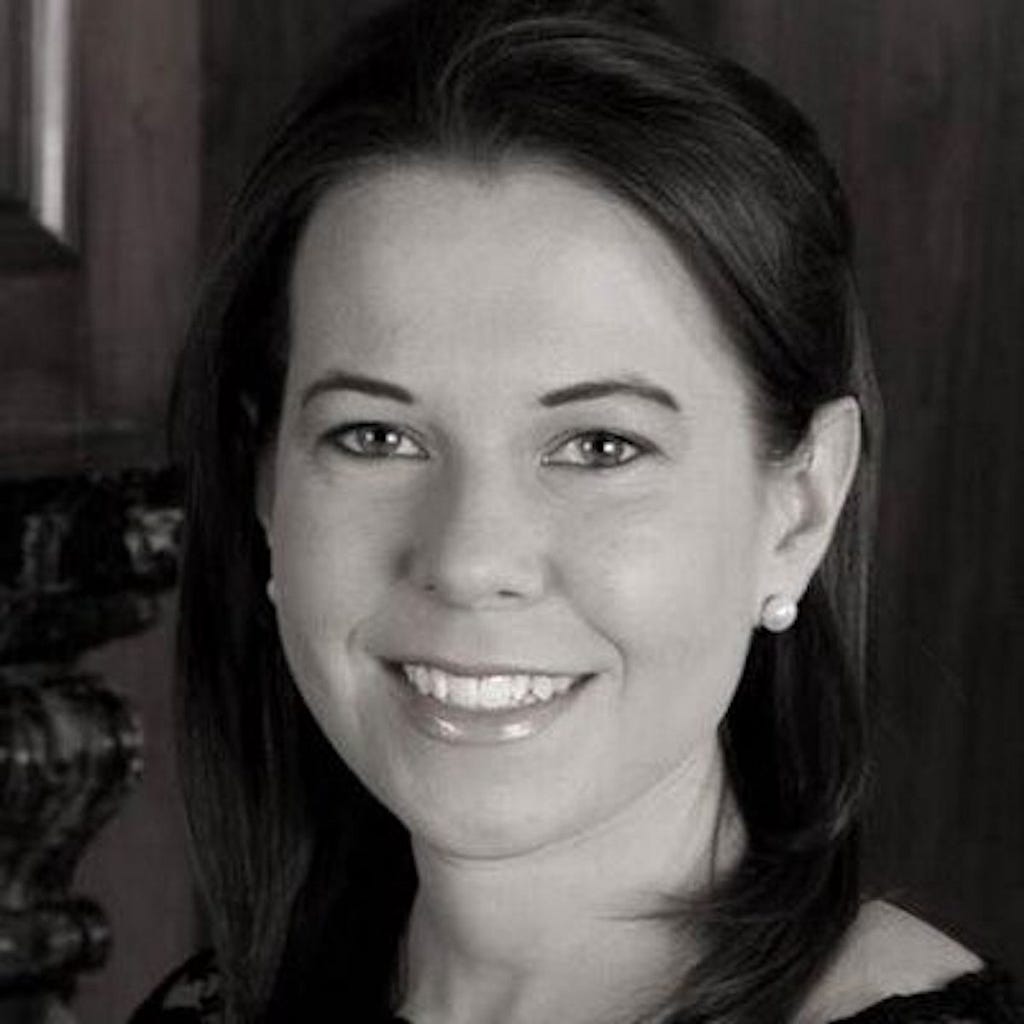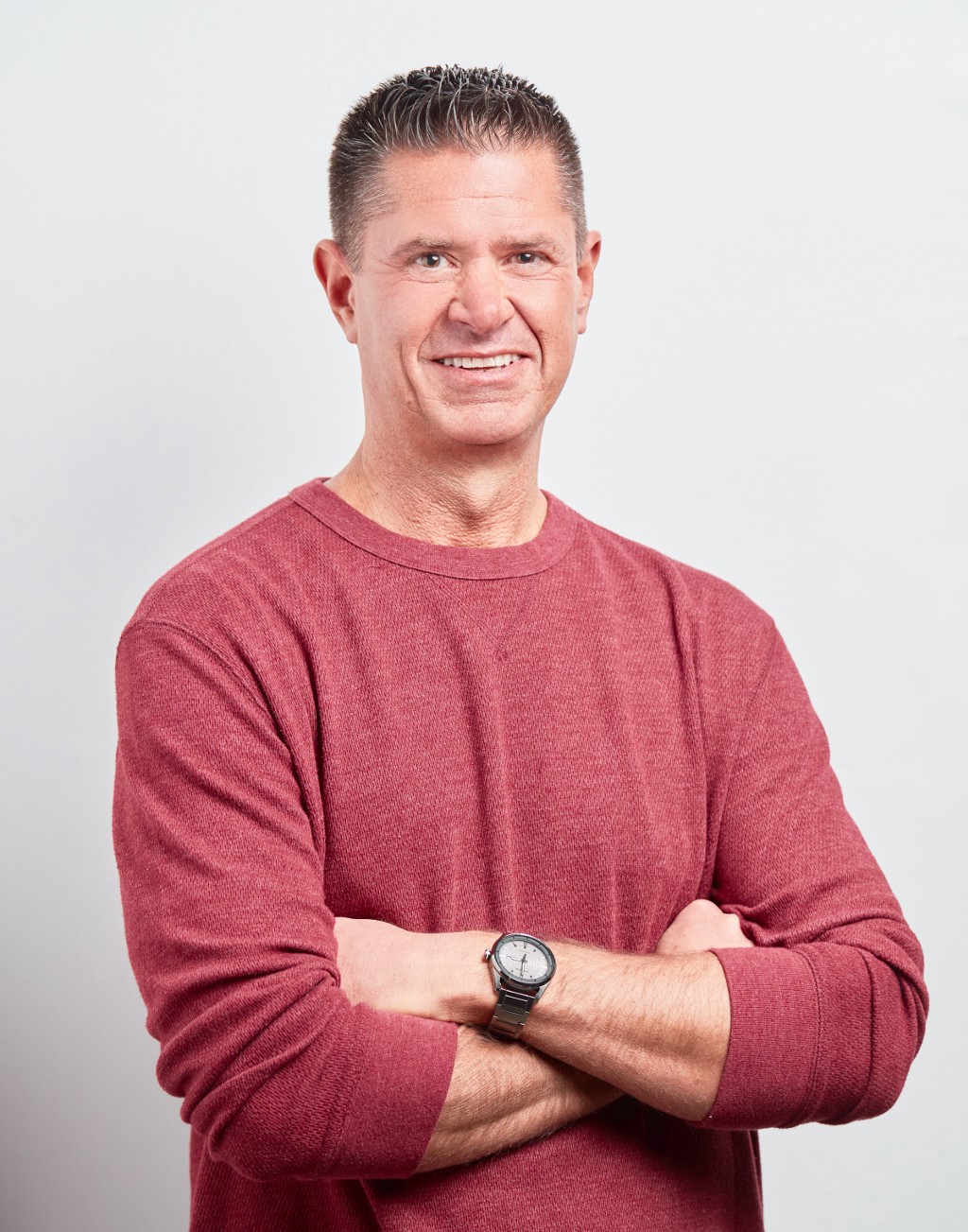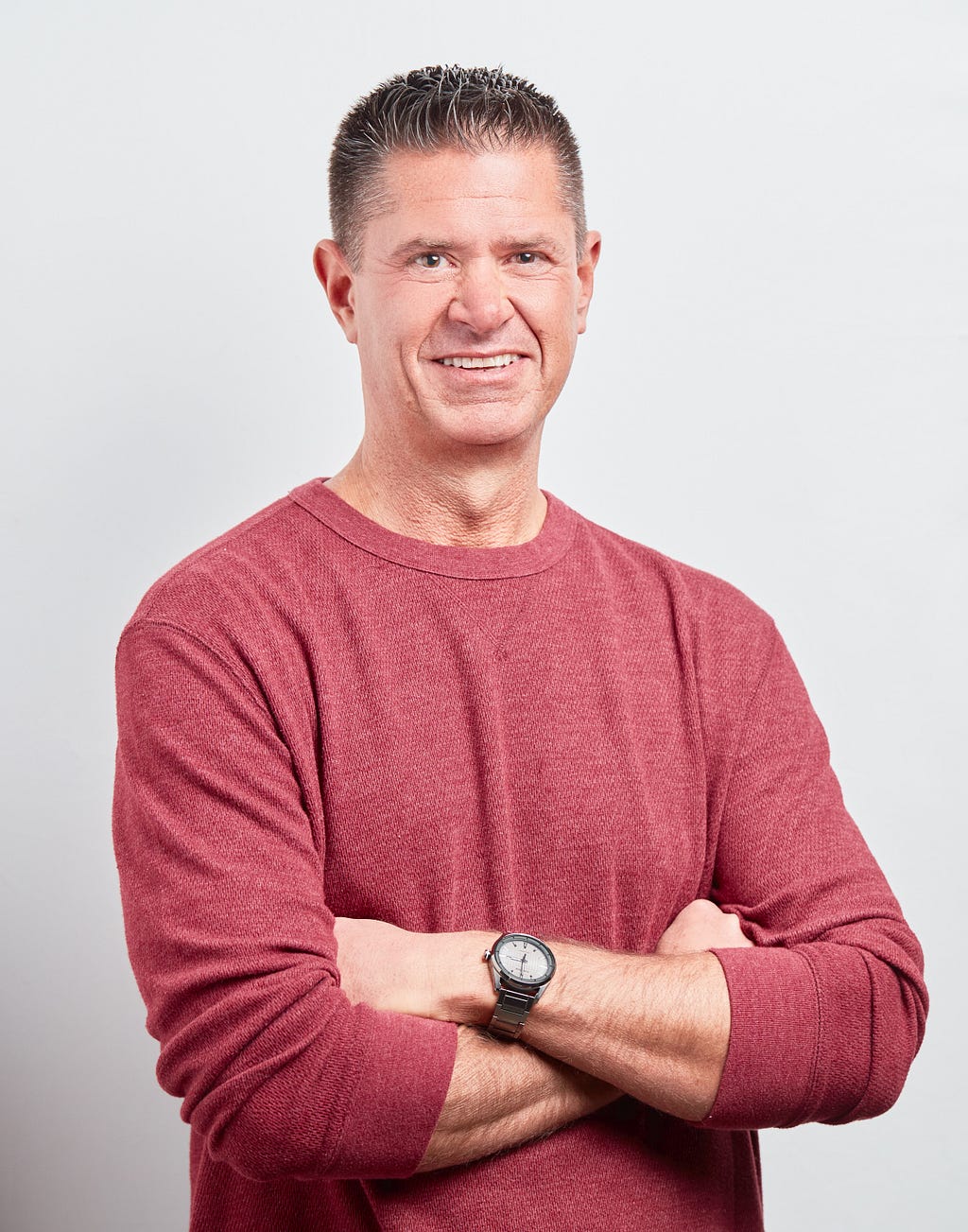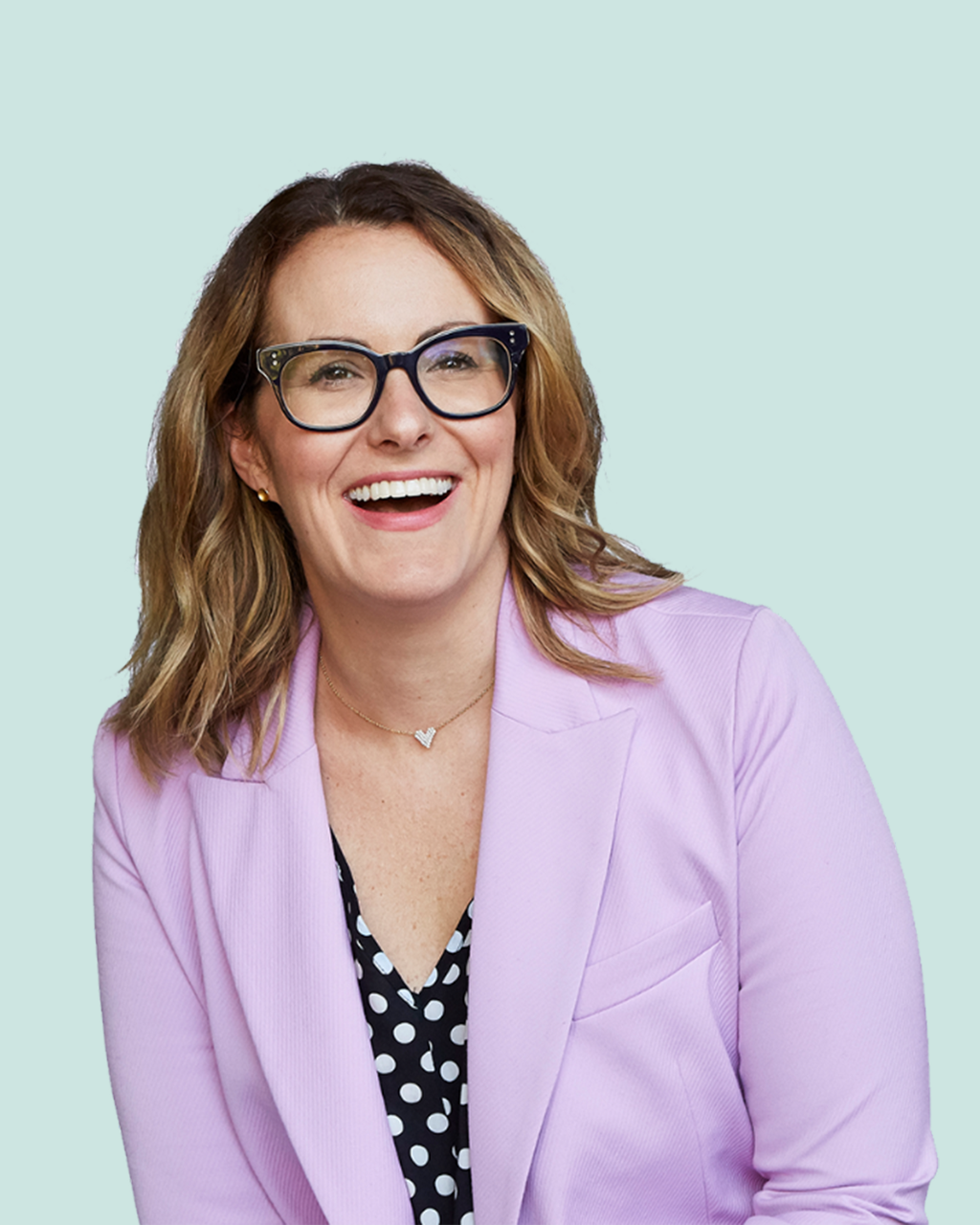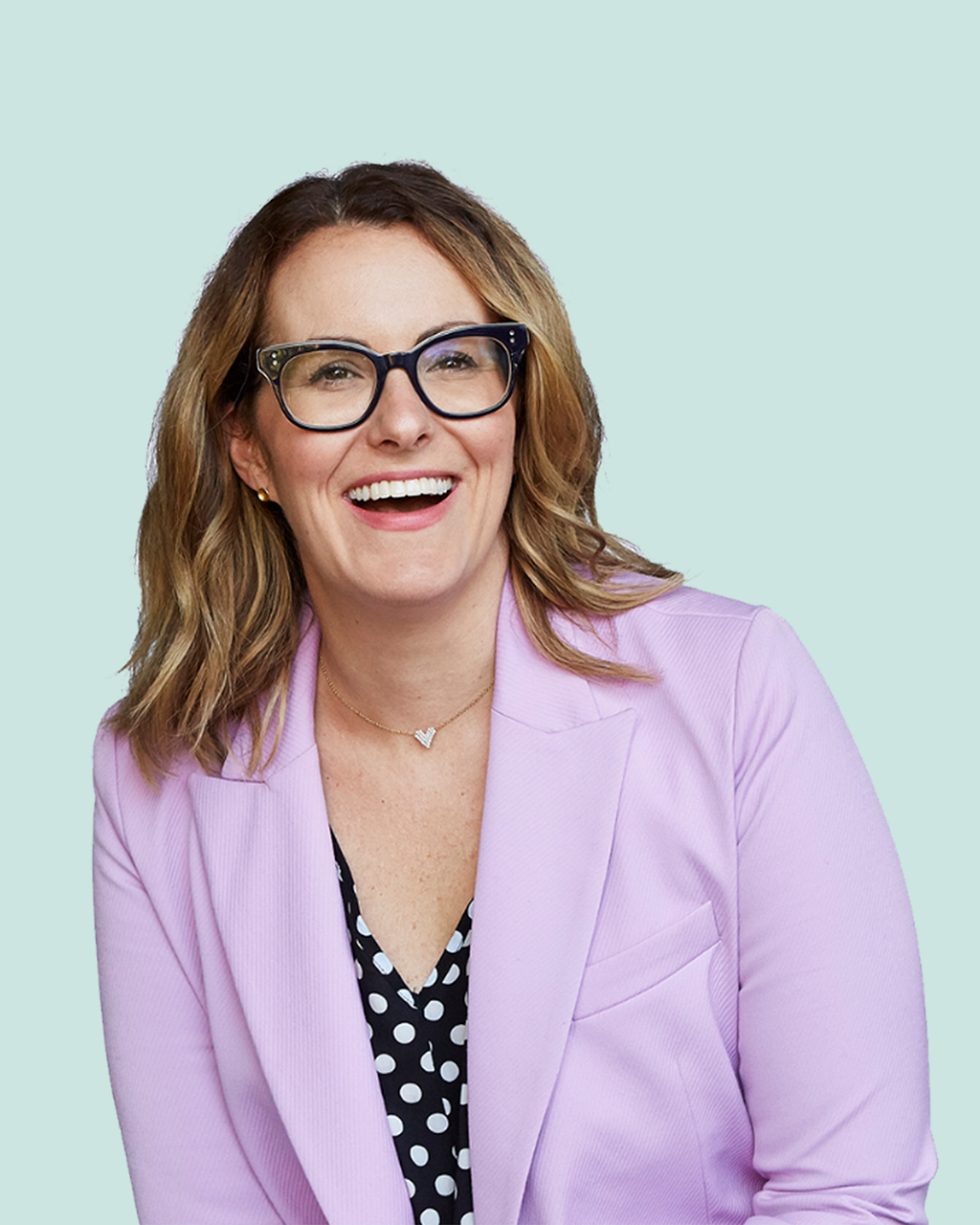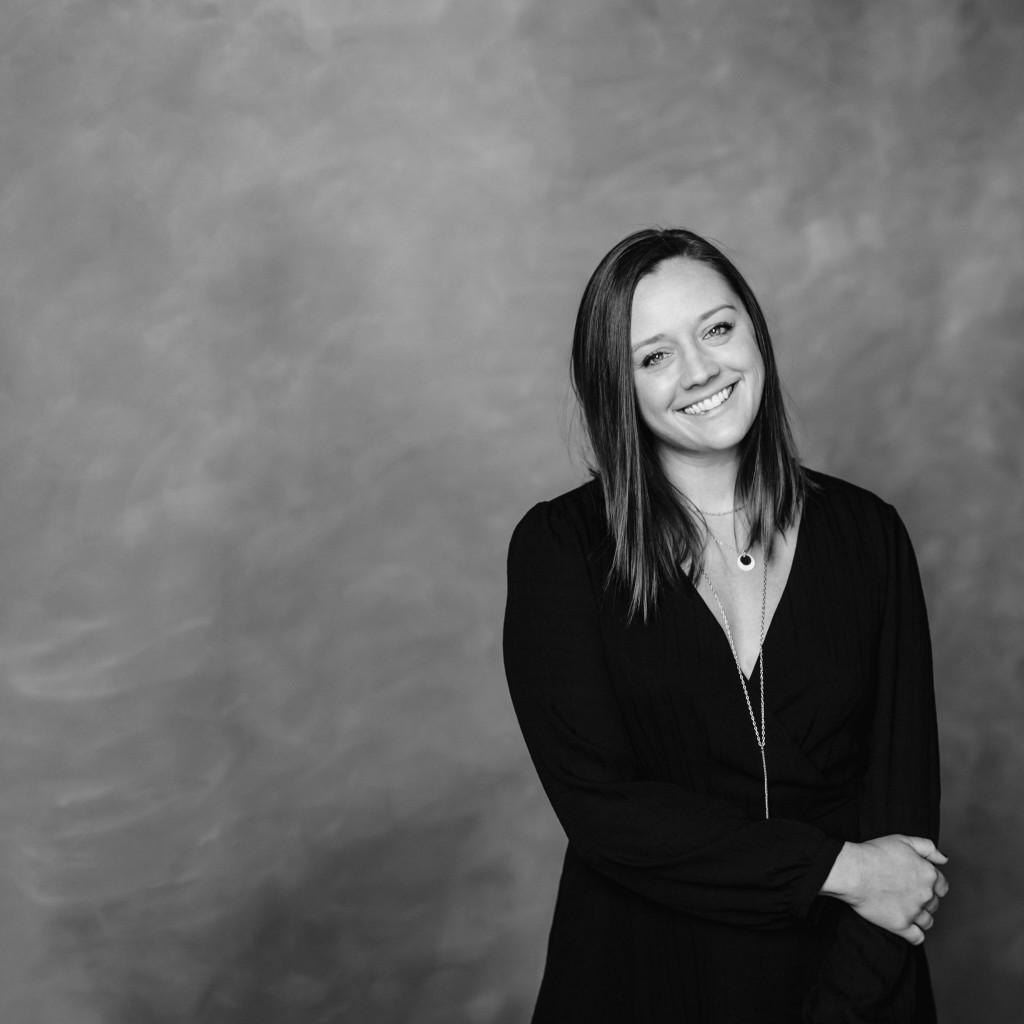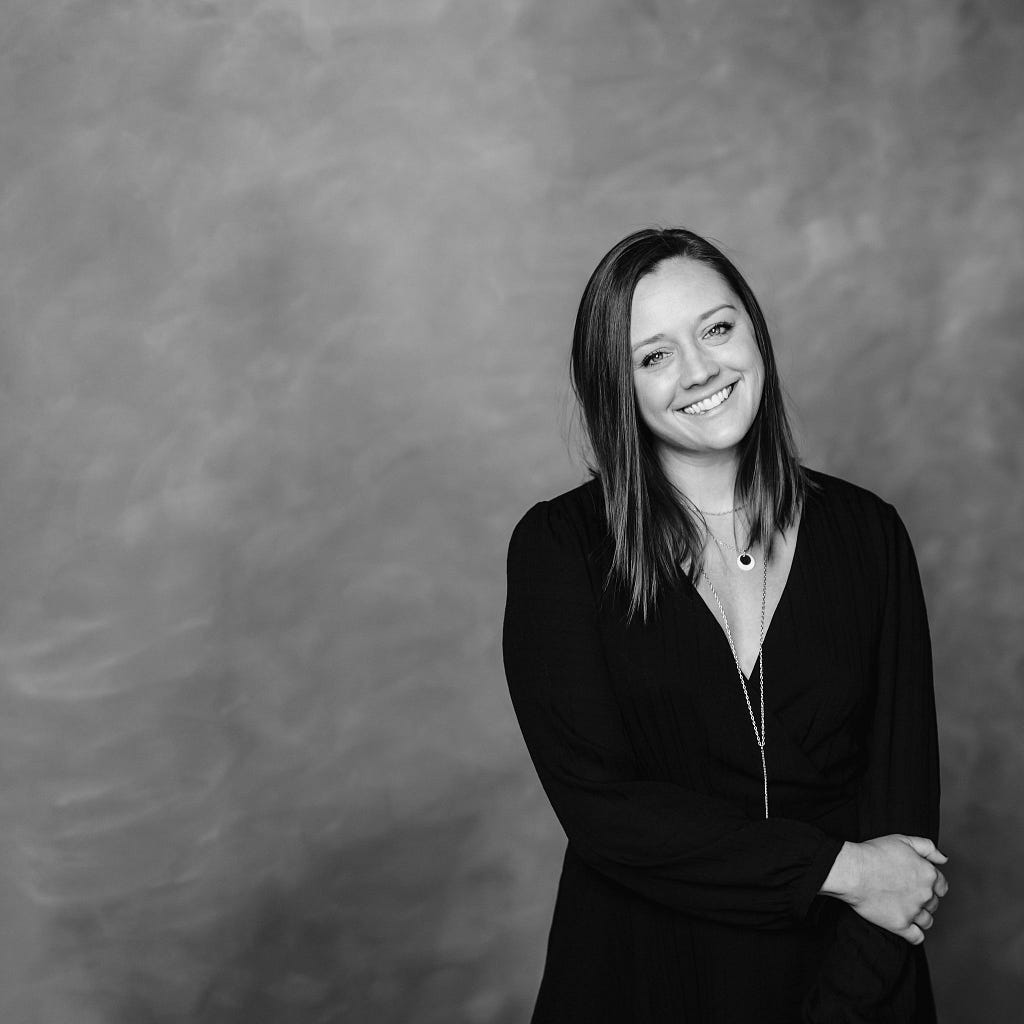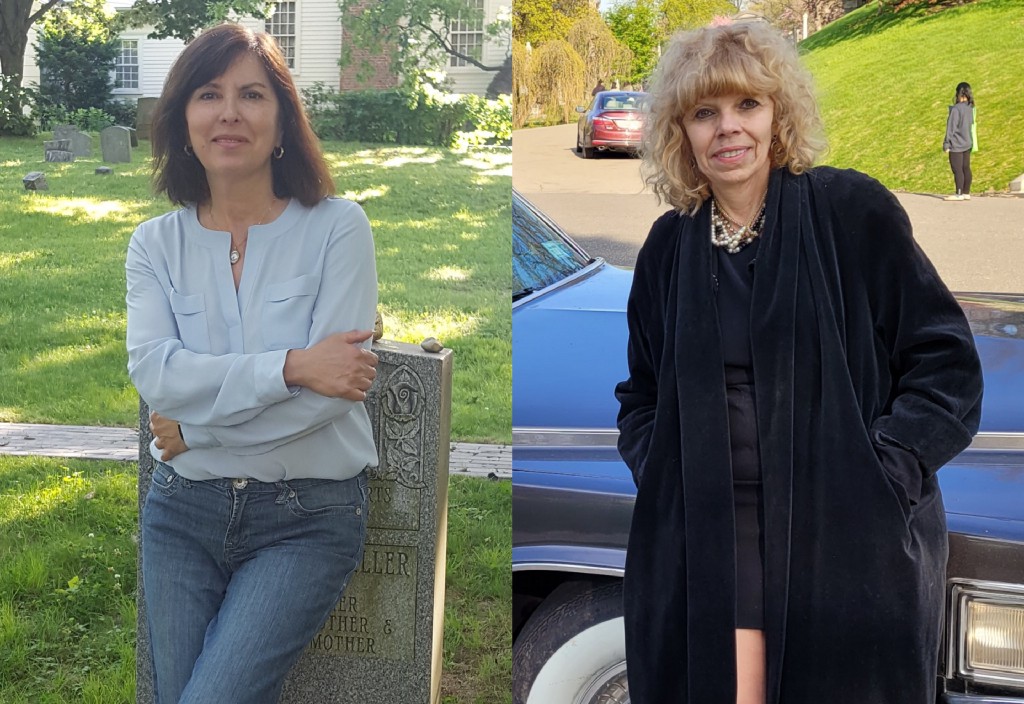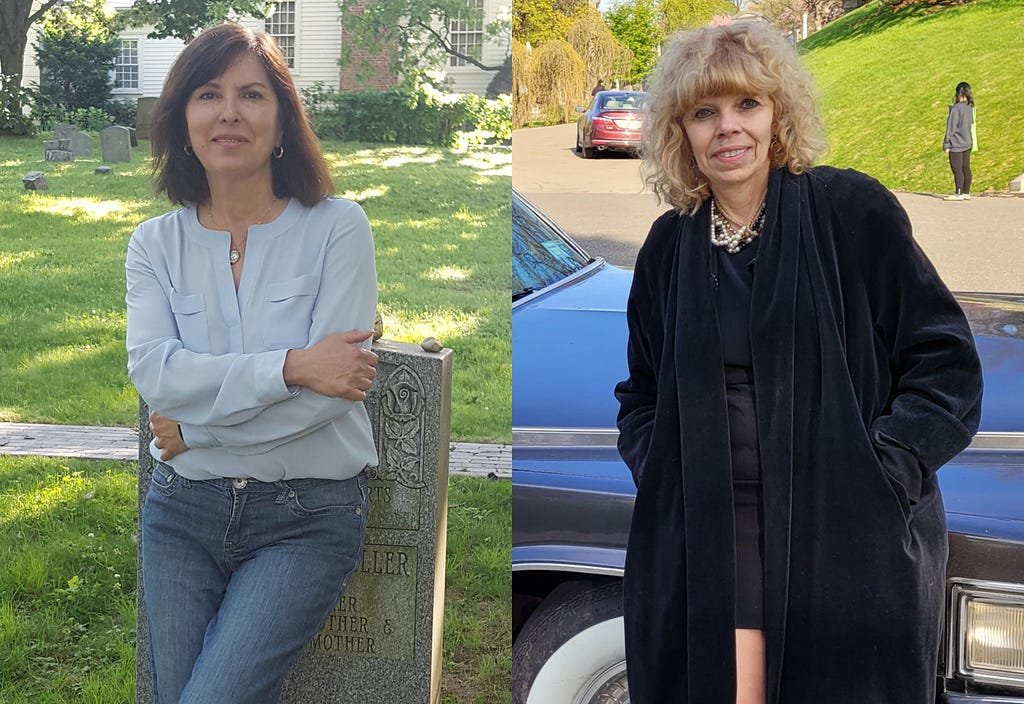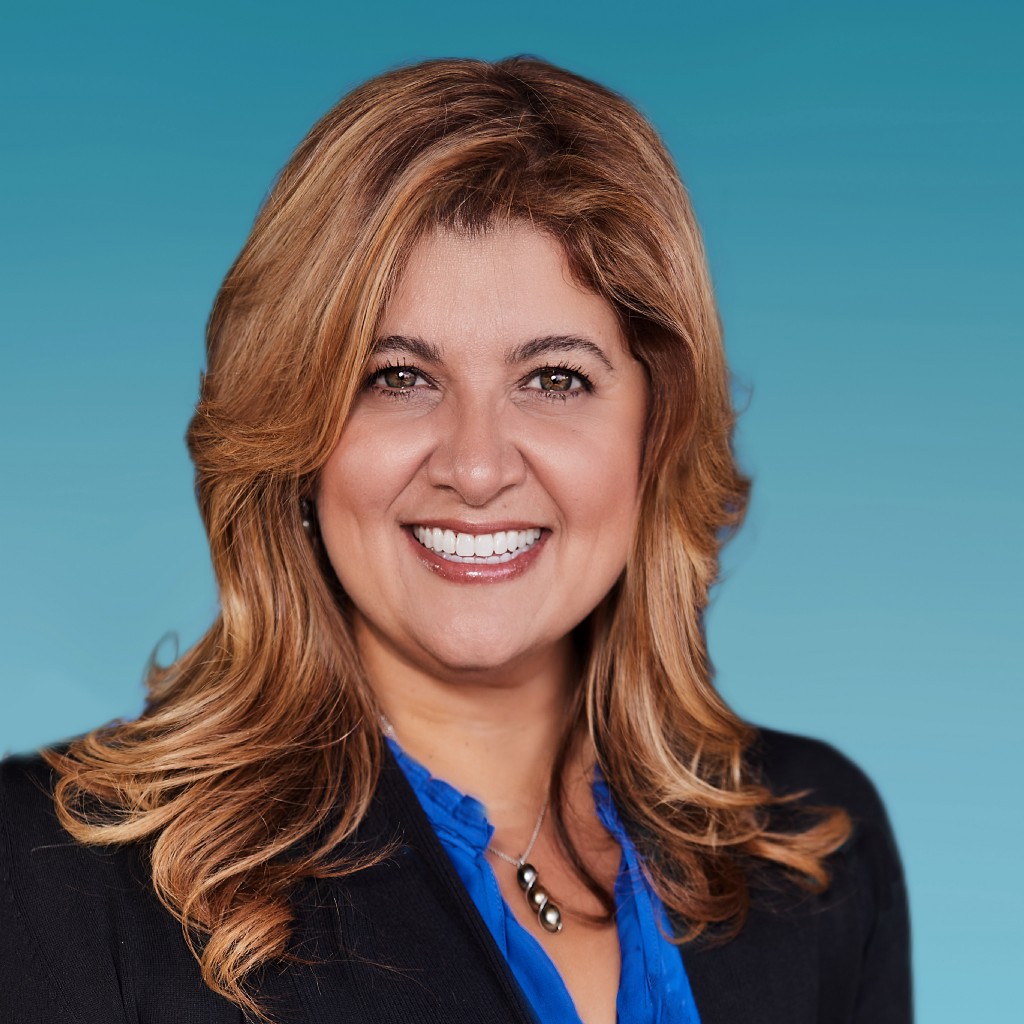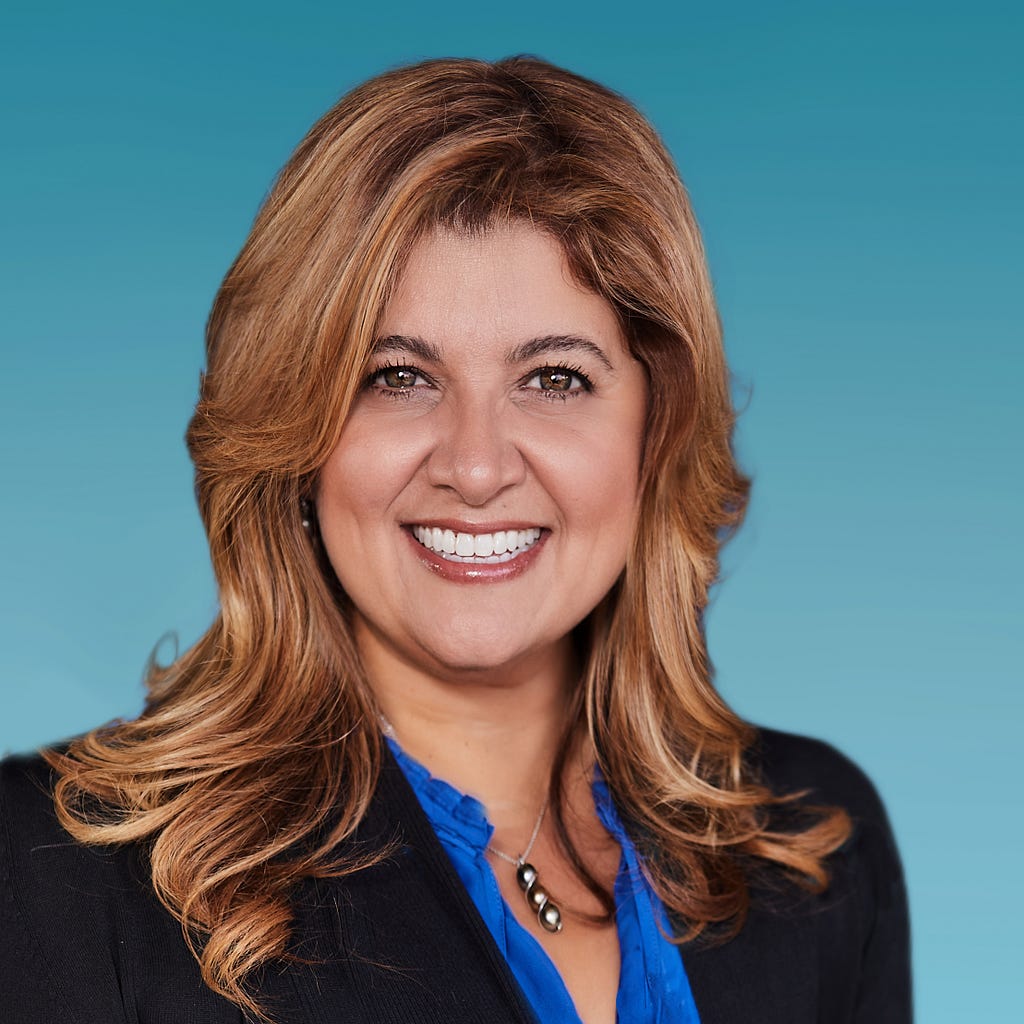Female Founders: Matti Perilstein of Eternally On The Five Things You Need To Thrive and Succeed As a Woman Founder
An Interview With Candice Georgiadis
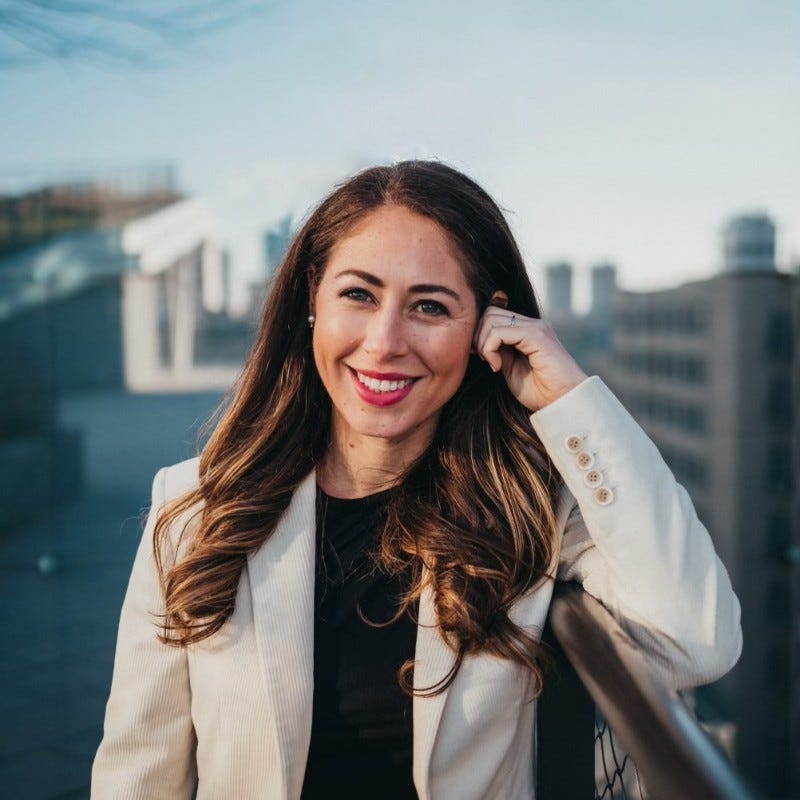
You gain more respect by being vulnerable. Opening up helps me develop great relationships. I keep the one-on-one time I have with my team as a priority on my calendar.
As a part of our series about “Why We Need More Women Founders”, I had the pleasure of interviewing Matti Perilstein.
Matti Perilstein is the co-founder of Eternally, a healthcare tech company. Her company partners with healthcare organizations across the country to facilitate advanced care planning conversations. Prior to starting the company, Matti’s career as a healthcare management consultant uncovered a gap in end-of-life care resources which she found to be a devastating recurring theme and a point of opportunity to help millions of Americans.
Thank you so much for doing this with us! Before we dig in, our readers would like to get to know you a bit more. Can you tell us a bit about your “backstory”? What led you to this particular career path?
Growing up, my mother was the director of a home health care business. I watched her help our community and be a resource that people turned to when their loved ones’ health declined.
The care and coordination involved during this period of life does not have to be a surprise. I have seen how loved ones in my own family were able to pass peacefully because they were able to communicate their goals of care with us before their health worsened. Throughout my career in healthcare, I saw the lack of time and resources dedicated to capturing a patients’ future goals of care. I knew there had to be a better way.
Can you share the most interesting story that happened to you since you began leading your company?
We were connected to Anne Wellington at the Cedars Sinai Accelerator in early 2021 through an investor who initially turned us down. When we spoke to Anne, she really believed in our novel approach to reaching patients in need. After several rounds of interviews, and on the week of my wedding, we were notified that we were one of eight companies to be accepted to the program out of over 400 applicants!
Can you share a story about the funniest mistake you made when you were first starting? Can you tell us what lesson you learned from that?
One product offering we initially tested was a SMS text-only product to support patients. While the data told us that Seniors are more tech savvy than ever before, the product was a failure. We quickly realized that for the most vulnerable conversations, it would be a disservice to not pair a patient with one-on-one compassion and support from a clinician. We failed fast, pivoted quickly, and can laugh about it all now.
None of us are able to achieve success without some help along the way. Is there a particular person who you are grateful towards who helped get you to where you are? Can you share a story about that?
I am incredibly grateful for my husband, Max. He’s smart, driven, and patient. I’m most grateful for his ability to help me celebrate. The emotional rollercoaster of start-up life is challenging. Max doesn’t just check in; he challenges me to insert some fun however and whenever I can each week. This lifestyle can be crazy and it’s not worth pursuing if you’re not having fun. Some things we’ve tried: Friday pickle back shots, hiking, or treating ourselves to a raspberry amandine.
Ok, thank you for that. Let’s now jump to the primary focus of our interview. According to this EY report, only about 20 percent of funded companies have women founders. This reflects great historical progress, but it also shows that more work still has to be done to empower women to create companies. In your opinion and experience what is currently holding back women from founding companies?
The statistics show that sixty-six (66%) percent of caregivers of family members are women and that women, on average, spend about 20 hours a week on unpaid caregiving. Since about sixty-five (65%) of family members who need assistance rely on their family for help, this places an undue burden on females. (https://www.caregiver.org/resource/women-and-caregiving-facts-and-figures/). As we know, females usually also bear the brunt of “traditional” household duties and tasks as well as child-care and child-related obligations. This does not leave a lot of time for women to consider pursuing their passion, forming a business plan, creating a pitch deck , and securing investors. Much has been written during the pandemic about the additional increases in gender inequality of these burdens, even with a spouse or significant other working from home during covid.
Can you help articulate a few things that can be done as individuals, as a society, or by the government, to help overcome those obstacles?
There has been a lot of talk post pandemic about “the great resignation” and how the pandemic has caused people to re-evaluate their professional lives. A positive of the last year and a half is that companies have realized if they do not improve the work-life parameters and culture that have afforded employees to spend more time with family or engage in self-care during covid, that these employees simply will not return. In households where there are two caregivers of children, there have also been changes and discussions around more equitable childcare solutions. But a lot more can be done. My hope is that such issues stay at the forefront.
This might be intuitive to you as a woman founder but I think it will be helpful to spell this out. Can you share a few reasons why more women should become founders?
Women bring a different perspective into identifying and solving unique business problems as founders. Of the 442 companies that went public in the US in 2020, only 4 of them were founded and led by women. In 2021, there are only 3 of them. (https://news.crunchbase.com/news/the-market-minute-a-historic-year-so-far-for-women-led-ipos-but-theres-a-ways-to-go/) As more women become founders, they will identify, address and solve problems that our male counterparts have overlooked for decades.
What are the “myths” that you would like to dispel about being a founder? Can you explain what you mean?
One of the biggest myths surrounding founders is that they are bold risk takers. While an entrepreneur does take on risk, it’s more so about calculating and assessing risks and acting as a strategist. When I first told my close friends and family about Eternally, their excitement for me reflected their understanding of me at the core. One, that I would never take on a commitment like this lightly and two, for my conviction in the business plan.
Is everyone cut out to be a founder? In your opinion, which specific traits increase the likelihood that a person will be a successful founder and what type of person should perhaps seek a “regular job” as an employee? Can you explain what you mean?
Not everyone is cut out to be a Founder. Unwavering resilience and optimism exemplify the traits most called upon as a founder. Each gets tested multiple times a day. It can feel daunting if you’re not up for the challenge. If it were easy, everyone would do it.
When we experienced high rates of unemployment over the pandemic in our country, I thought about why I quit my job a lot but, I was reminded of my ‘why’ and the opportunity to help thousands of people take control of their healthcare. Covid has redefined the confines of ‘work’ and I am seeing more people than ever excel outside the corporate environment. Whether it’s in trade careers, the arts, academia or elsewhere, there is a career path for everyone. Wherever you work, it’s important to take ownership of your career. You can’t wait for the right mentor, promotion window, or role vacancy — go after what you want!
Ok super. Here is the main question of our interview. What are your “5 Things I Wish Someone Told Me Before I Started” and why? (Please share a story or example for each.)
- Set boundaries — and keep them. Running helps me to unwind and destress. I set a goal to run the Philadelphia Marathon in November of 2021 and did it! I wake up very early most days, but by honoring that commitment I am better able to show up for my team and serve them more effectively.
- Take time to celebrate your accomplishments. As a founder, I experience very high highs and very low lows almost every day. The highs will get lost unless you take time to acknowledge them and look back at the hard work you did to achieve them. I say what I am grateful for (out loud) every single day.
- You gain more respect by being vulnerable. Opening up helps me develop great relationships. I keep the one-on-one time I have with my team as a priority on my calendar.
- You can’t pull from a dry well. Sleep is king. I have been blessed with being a good sleeper. Part of that is due to how hard I work. I’ve learned how hard I can push my mind and body and when to back off and hit the hay
- Delegate, delegate, delegate. I have learned to do a lot of things since starting Eternally that I did not previously know how to do. But I am a big believer in Clifton Strengths and actively engage and try to surround myself with talented individuals. This enables me to focus on making my own strengths even stronger and deepening my awareness of my team’s strengths to continue to provide them with opportunities to lead.
How have you used your success to make the world a better place?
My goal is to make small changes to make the healthcare system in America more streamlined and simpler for the everyday person. Our focus at Eternally is making sure Advance Care Planning is accessible to every American with the goal of democratizing end-of-life planning. This will bring both patients and their families a sense of peace, knowing that these decisions have been made in alliance with their values and wishes.
You are a person of great influence. If you could inspire a movement that would bring the most amount of good for the greatest number of people, what would that be? You never know what your idea can trigger.
There are so many health problems that could be improved by eliminating food insecurity and food desserts. Once again, the pandemic has highlighted this issue as many students were no longer receiving one or two healthy meals at a place of learning and their caretakers did not in turn have the resources to provide consistent, healthy food at home. Research shows an association between food insecurity and delayed development in young children, a higher risk of chronic illnesses, and behavioral problems such as hyperactivity, anxiety, and aggression in school-age children. (https://www.feedingamerica.org/hunger-in-america/impact-of-hunger)
We are very blessed that some very prominent names in Business, VC funding, Sports, and Entertainment read this column. Is there a person in the world, or in the US with whom you would love to have a private breakfast or lunch with, and why? He or she might just see this if we tag them.
I would love to sit down with Whitney Wolfe Herd, the founder and CEO of Bumble, and the youngest female CEO to take a company public. I admire the way Whitney has built and cultivated Bumble’s brand to amplify her vision. I would love to sit down with her to discuss what she has learned from the obstacles she’s faced in building her company and pick her brain about building the Eternally brand within end-of-life planning.
Thank you for these fantastic insights. We greatly appreciate the time you spent on this.
Female Founders: Matti Perilstein of Eternally On The Five Things You Need To Thrive and Succeed As… was originally published in Authority Magazine on Medium, where people are continuing the conversation by highlighting and responding to this story.


